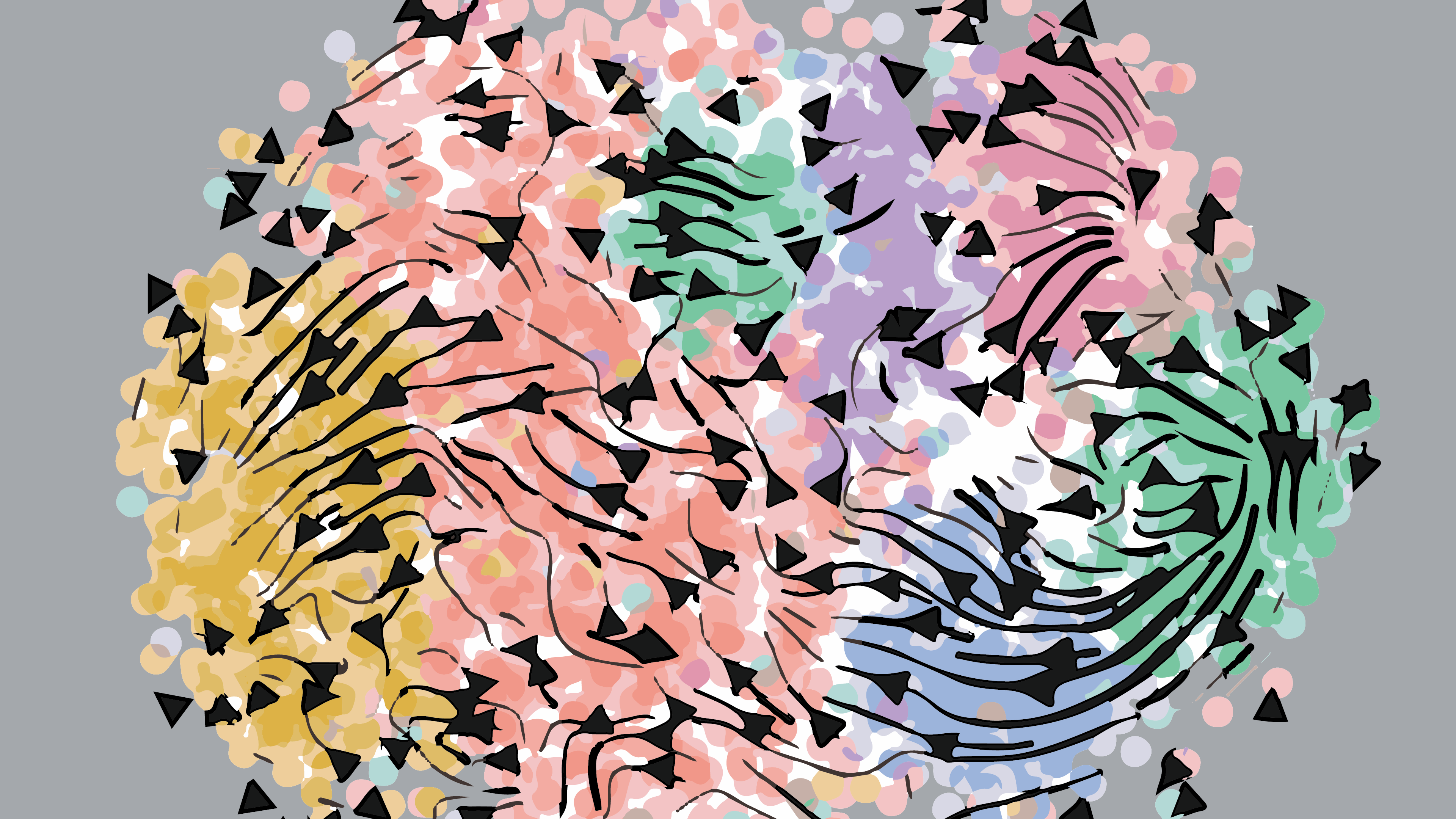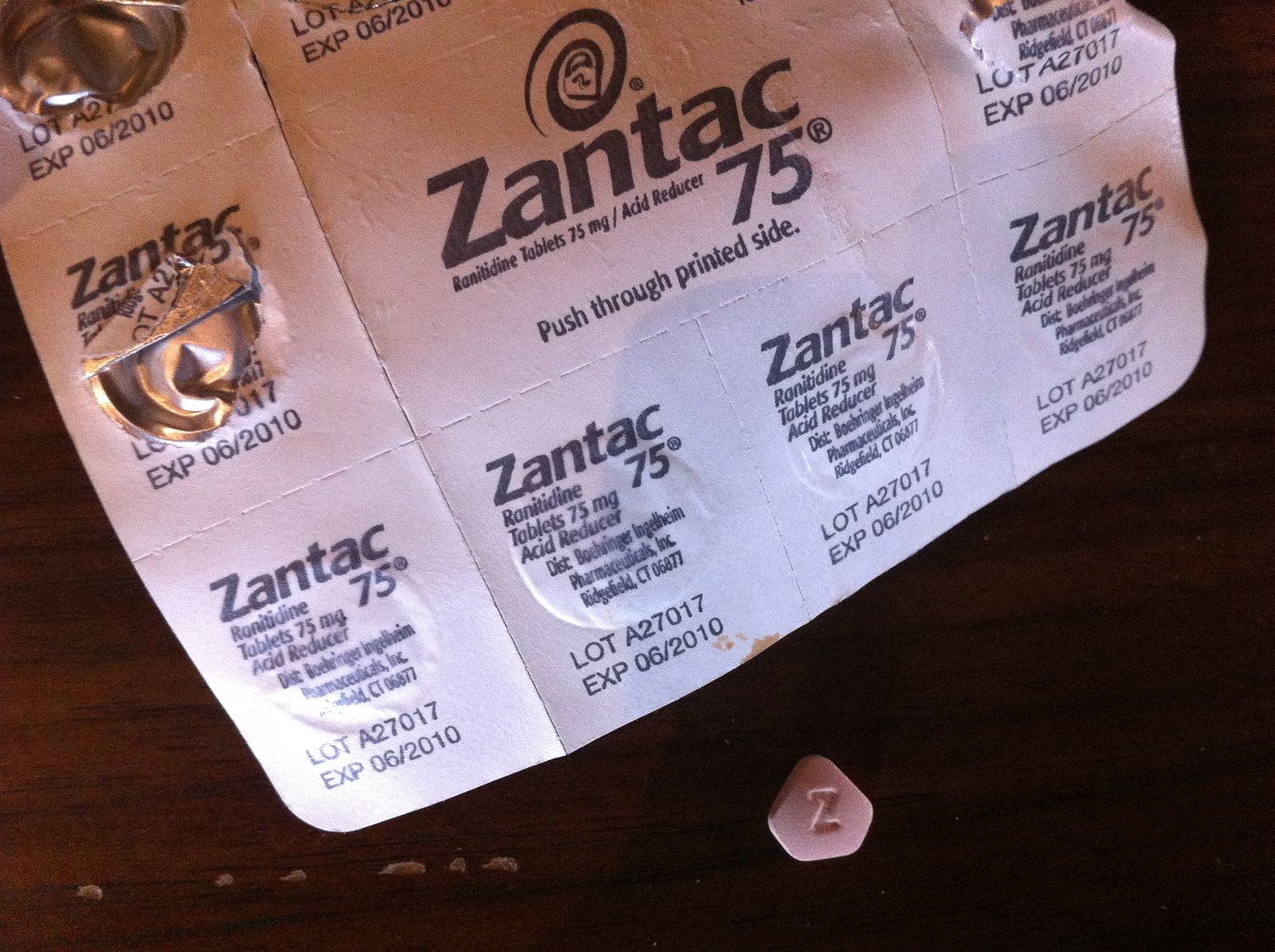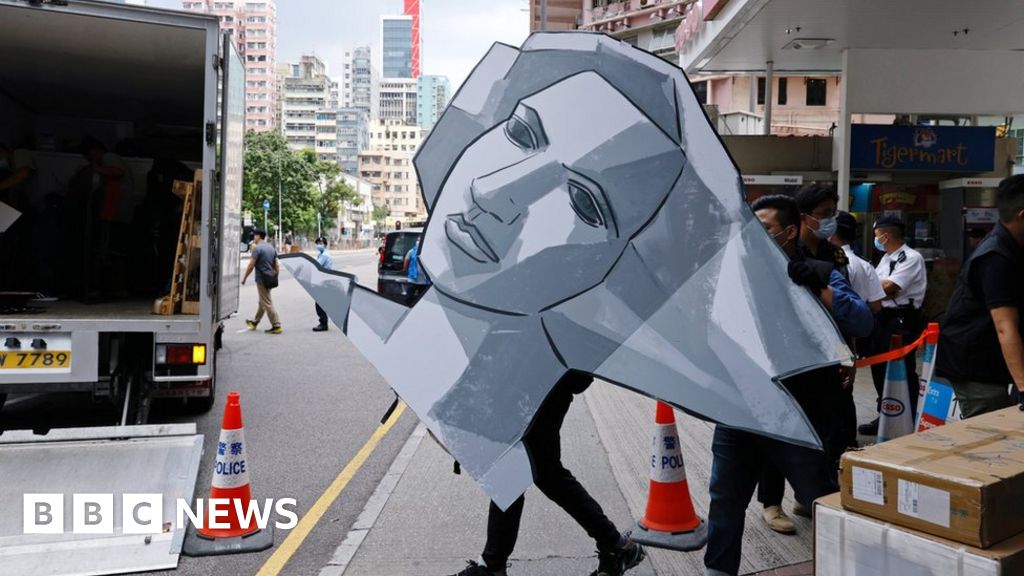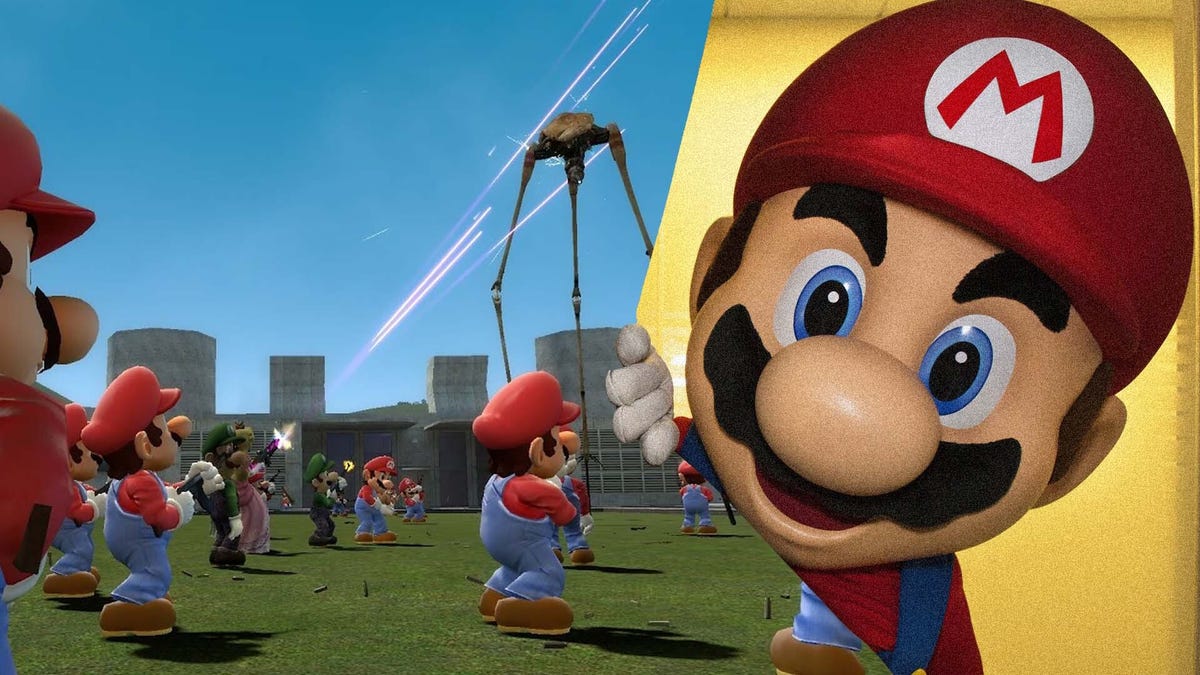Andrea Mazzarino, War Is a Cancer on Our Democracy
Almost 20 years after the U.S. invasion of Afghanistan, as the Taliban takes district after district, withdrawing American troops are discarding vast piles of junk on bases they are now abandoning. In the process, the war on terror has become a retreat of terror, leaving behind horrified Afghans in a wrecked land. Now, as some of those troops actually return to the U.S. (minus the 650 still “guarding the embassy” in Kabul and another few hundred on call at that city’s airport), what exactly are they coming home to?
After all, Afghanistan didn’t get its nickname, “the graveyard of empires,” for nothing. In 1989, if you remember, when the Red Army finally limped home after its Afghan fiasco — from what its leader had by then begun calling its “bleeding wound” — it was returning to a Soviet Union only two years from implosion. For the American troops now “coming home” (that’s in quotes because some of them will undoubtedly be reshuffled elsewhere in the Greater Middle East), they probably won’t come back to a total implosion two years from now. After all, the U.S. remains richer and more powerful than the Soviets ever were. Still, they’ll certainly return to a land of staggering inequality whose political system seems to be cratering. And don’t think that our never-ending wars of this century and the untold trillions of taxpayer dollars poured into them didn’t play a role in the arrival of Donald Trump in the White House or the creation of an ever less functional political system seemingly at war with itself.
Today, TomDispatch regular, military spouse, and co-founder of the Costs of War Project Andrea Mazzarino offers an up-close-and-personal look at this country’s “bleeding wounds” — I make that phrase plural because, unlike the Soviets, in these years we’ve been fighting from Iraq to Somalia, Yemen to Libya. When you think about it, it’s quite a remarkable record of failed war. Tom











.png)







